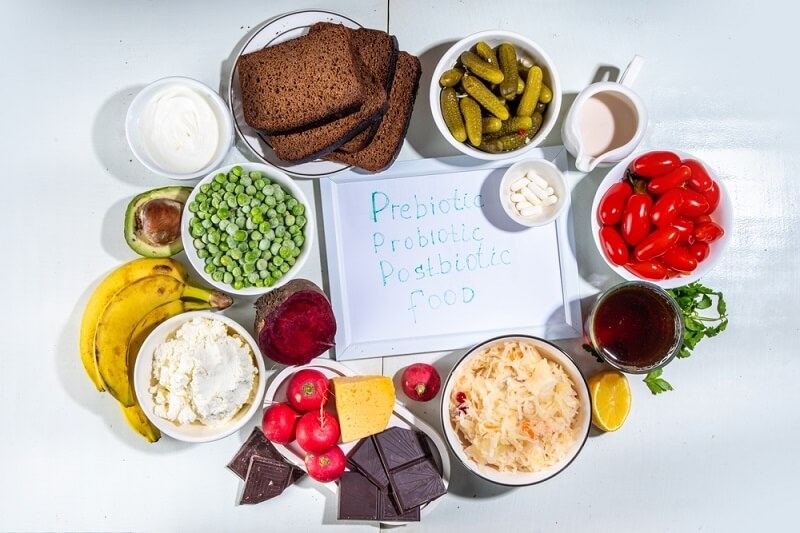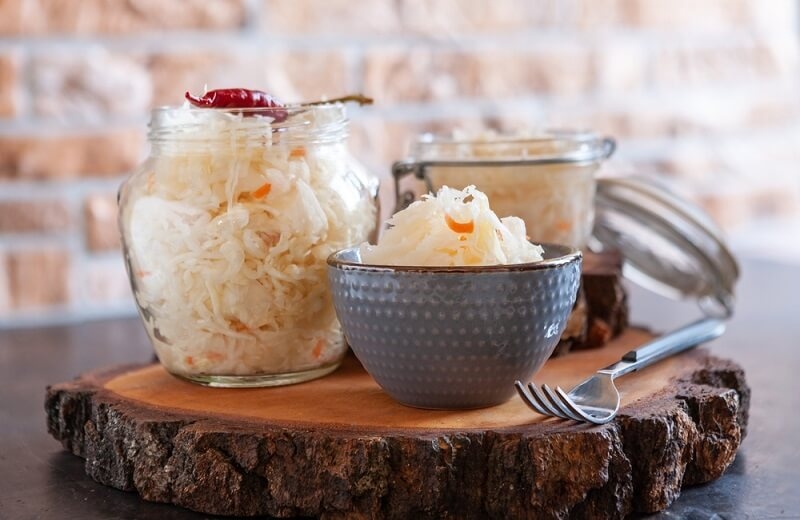
Gut health. It’s one of those buzzwords that gets tossed around a lot lately. You hear it on podcasts, see it in product labels, even get wellness influencers swearing by it. But let’s face it — understanding how to actually support your gut is another story. Probiotics, prebiotics, synbiotics... and now postbiotics?
Yes. There’s a new player in town.
So, what are postbiotics, and why is everyone talking about them when it comes to digestion, immunity, and feeling good from the inside out? Let’s break it down — in plain English, no science degree required.
If you’ve heard of probiotics (those friendly bacteria in your yogurt) and prebiotics (fiber-rich food that feeds those bacteria), you’re halfway there.
Postbiotics are essentially the byproducts or metabolites that probiotics produce after feeding on prebiotics. Think of it like this: you feed the good bacteria (probiotics) some healthy fuel (prebiotics), and in return, they leave behind beneficial compounds. Those leftovers? That’s what postbiotics are.
And it turns out — those leftovers can be very powerful.
Unlike live probiotics that need to survive the digestive process (which, honestly, is like running an obstacle course full of acid and enzymes), postbiotics are already stable. No special coating. No stress about “are they still alive when they get to my gut?” They’re ready to work — no nonsense.
It’s simple. We’re realizing that it’s not always the bacteria themselves doing the heavy lifting. It’s the compounds they produce that often bring the most benefits.
Scientists have identified several postbiotic compounds — things like short-chain fatty acids (like butyrate), enzymes, peptides, polysaccharides, and more. These substances help reduce inflammation, support your gut lining, communicate with your immune system, and even influence mood. Yep — your gut and brain are constantly chatting.
Plus, because postbiotics are non-living, they’re shelf-stable, easy to add to supplements, and ideal for people with weakened immune systems who can’t tolerate live bacteria. Convenient and effective? Yes, please.
Let’s not get too technical — but the gut is way more than just a digestion station. It’s home to trillions of bacteria, fungi, and other microbes. Together, this community is called the microbiome. And it basically acts like your second brain.
When things go out of whack (maybe from stress, antibiotics, or a junky diet), your gut lining can weaken. Inflammation creeps in. Immunity drops. And you just don’t feel right.
This is where postbiotics gut health connection comes into play.
Postbiotics — particularly short-chain fatty acids like butyrate — help strengthen the gut lining, reduce inflammation, and create an environment where good bacteria thrive. It’s like building a fence and planting flowers after a storm. You’re restoring the balance.
And when your gut’s happy, your whole body starts catching up — better digestion, fewer stomach issues, more regularity, and a stronger immune system to boot.
We get it. The terms sound too similar.
So let’s simplify:
In other words, if you picture your gut as a garden:
Some experts argue that postbiotics may be the most important part of that chain. Because again, it’s the effects that matter. And you don’t always need live bacteria to get those effects.
If you’ve struggled with probiotic supplements that gave you gas, bloating, or nothing at all, you might want to consider a postbiotic route instead.
So when it comes to postbiotics vs probiotics, it’s not about which is better. It’s about what works best for your body.
On a Related Note: Advanced Ketogenic Tips for Weight Loss & Management
So, what can these little compounds actually do for you?
Let’s talk real-world postbiotics benefits:
Postbiotics can help repair and maintain the gut lining — reducing "leaky gut" and protecting you from inflammation and toxins.
Many postbiotics have anti-inflammatory properties. That means less bloating, fewer flare-ups, and better digestion overall.
Did you know 70% of your immune cells live in your gut? Postbiotics help train your immune system to respond calmly — not overreact.
Say goodbye to uncomfortable gas, irregularity, or that heavy post-meal feeling. Postbiotics support smoother digestion, period.
We’re learning that gut health and mental health go hand in hand. A balanced microbiome — powered by postbiotics — can help regulate mood and stress responses.
Since postbiotics are non-living, they don’t multiply or disrupt your gut balance. They’re a great option for those with IBS, IBD, or sensitive digestion.

Great question.
While postbiotics are available in supplement form (more on that in a sec), you can also get them naturally — through fermented food postbiotics sources.
Here are some common options:
Now, these foods don’t contain postbiotics directly, but they encourage your gut bacteria to produce them once digested. Think of them as your gut’s favorite snack.
Want a more targeted approach? That’s where supplements come in.
Look, there’s no one-size-fits-all when it comes to gut health. But if you’ve tried probiotics before and didn’t notice a big difference — or felt worse — you’re not alone.
A postbiotic supplement gut health strategy might just be what your system responds to better.
Postbiotic supplements come with clear advantages:
Of course, it’s still important to choose high-quality brands and ideally consult your doctor or a gut health specialist before starting anything new.
But in short? It’s a low-risk, high-reward upgrade for many.
Read More: Intuitive Eating and Weight Loss for Total Food Freedom
Let’s be honest. Gut health is confusing. There’s always a new term. A new study. A new miracle product.
But postbiotics? They make sense. They’re the result of your body’s natural processes, and they offer targeted support without the unpredictability of live bacteria.
If you’re tired of digestive discomfort, immune crashes, or simply feeling off — give your gut a break. A little postbiotic support might be the simple, steady fix you’ve been searching for.
It’s not magic. It’s just good science — finally simplified.
This content was created by AI